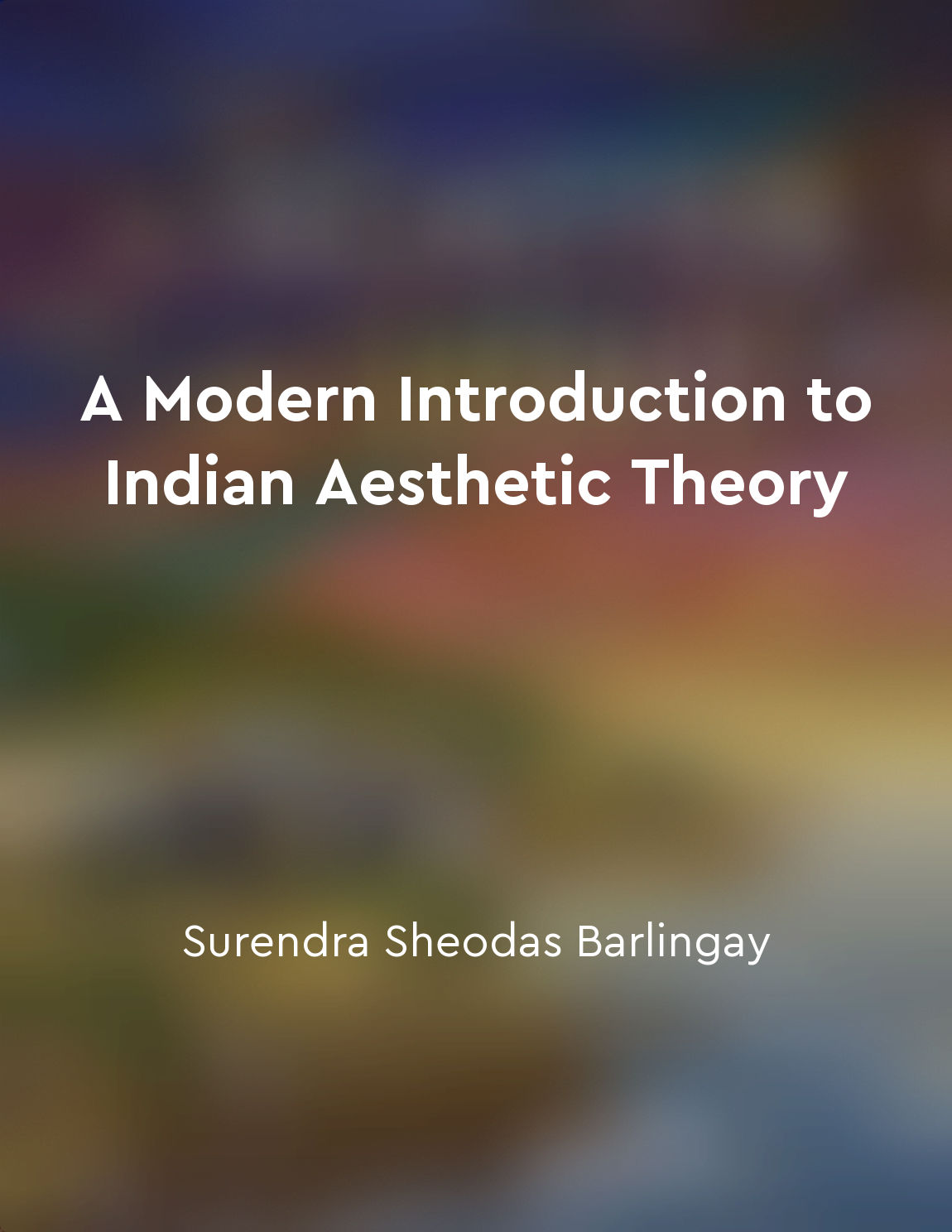Aesthetic taste is universal among humans from "summary" of Critique of Judgement by Immanuel Kant
The concept that aesthetic taste is universal among humans is not merely a subjective assertion, but rather a fundamental principle that underpins the nature of beauty itself. According to Kant, aesthetic judgments are based on a feeling of pleasure or displeasure that is universally shared by all individuals, regardless of their cultural background or personal preferences. This feeling of pleasure is not contingent upon any external factors such as social norms or personal experiences, but rather arises from an inherent harmony between the cognitive faculties of the mind. Kant argues that aesthetic judgments are distinct from empirical judgments in that they are not based on concepts or rules, but rather on a subjective feeling of pleasure that is grounded in the free play of the imagination and understanding. This feeling of pleasure is not derived from any specific qualities of the object being judged, but rather from the way in which the mind apprehends and synthesizes those qualities. In this sense, aesthetic taste is not a matter of individual opinion, but rather a universal capacity that is shared by all rational beings. Furthermore, Kant maintains that aesthetic judgments are not subject to any criteria of truth or falsity, but rather are based on a subjective feeling of pleasure that is unique to each individual. This feeling of pleasure is not reducible to any determinate concept or rule, but rather emerges from a free play of the cognitive faculties that is experienced as a harmonious unity. In this way, aesthetic taste is not a matter of personal preference, but rather a universal capacity that is shared by all individuals.- Kant argues that aesthetic taste is not a matter of subjective opinion, but rather a universal capacity that is grounded in the inherent structure of the human mind. By recognizing the universality of aesthetic taste, we are able to appreciate the beauty of the world in a more profound and meaningful way, and to recognize the inherent harmony that exists between ourselves and the world around us.
Similar Posts

The framework of Indian Aesthetics
The framework of Indian Aesthetics is a comprehensive system that encompasses various aspects of art, beauty, and creativity. I...
High cultural capital leads to greater social recognition
In the social world, individuals are classified and ranked according to their possession of cultural capital. This form of capi...

The call to uphold objective truth and values in all aspects of life
In a world where subjectivism and relativism reign supreme, there exists a pressing need for individuals to recognize and champ...
Aesthetic experiences contribute to moral development
Jacob Risinger argues that aesthetic experiences play a crucial role in shaping an individual's moral development. By engaging ...
The appreciation of beauty requires an openness to new experiences
The enjoyment of beauty is a delicate and elusive experience that requires a certain receptivity to the world around us. In ord...
Knowledge is derived from experience and reason
Knowledge is not something that we are born with, but rather something that we acquire through our experiences and our ability ...

The significance of empathy and compassion in human relationships
Empathy and compassion are essential elements in human relationships. The ability to understand and share the feelings of other...
Love and relationships give life meaning
The idea that love and relationships give life meaning is a common one, but it is also a deeply profound one. At its core, this...
The experience of beauty is deeply personal
The experience of beauty is a deeply personal one, as it is subjective and varies from person to person. Each individual has th...

